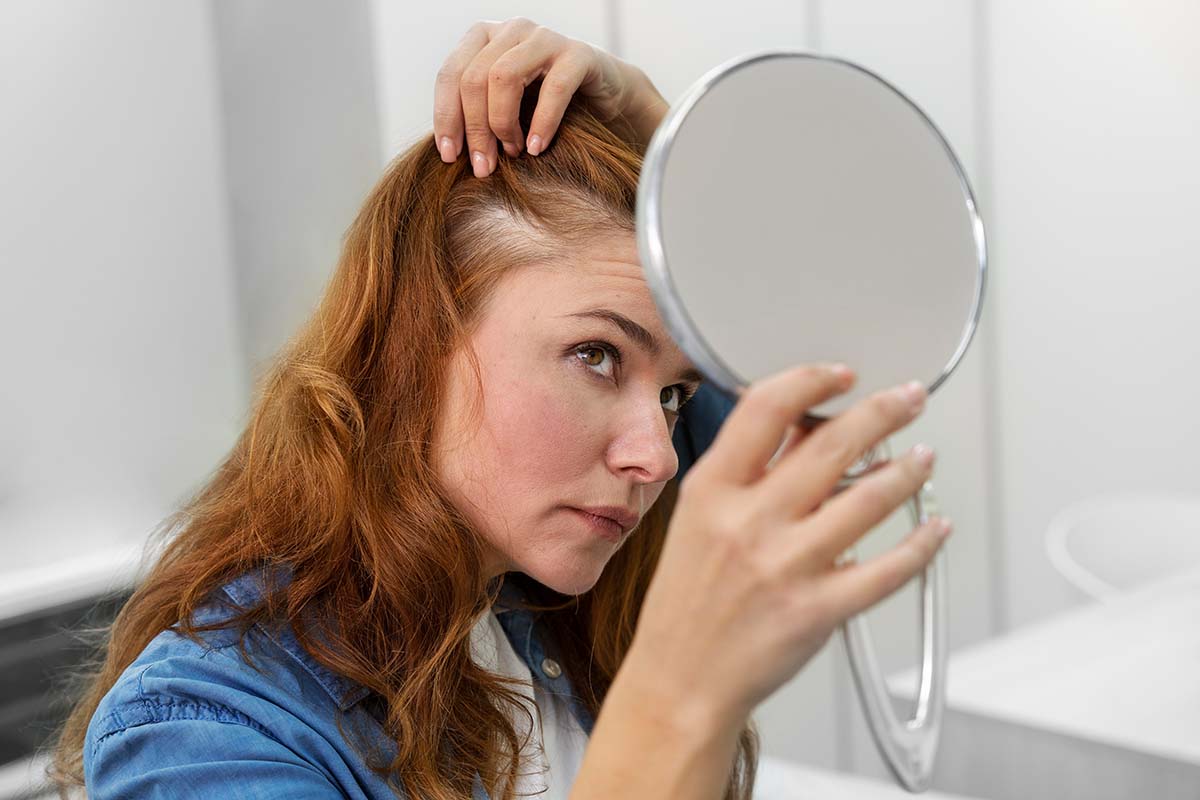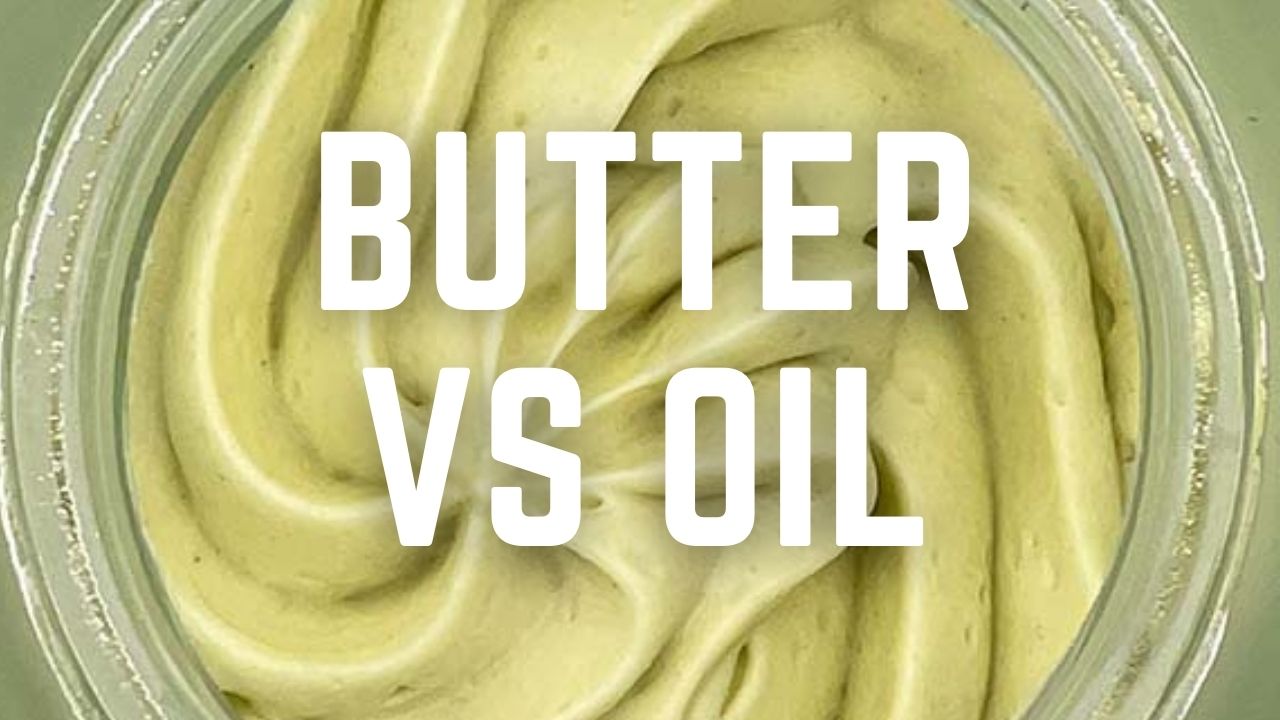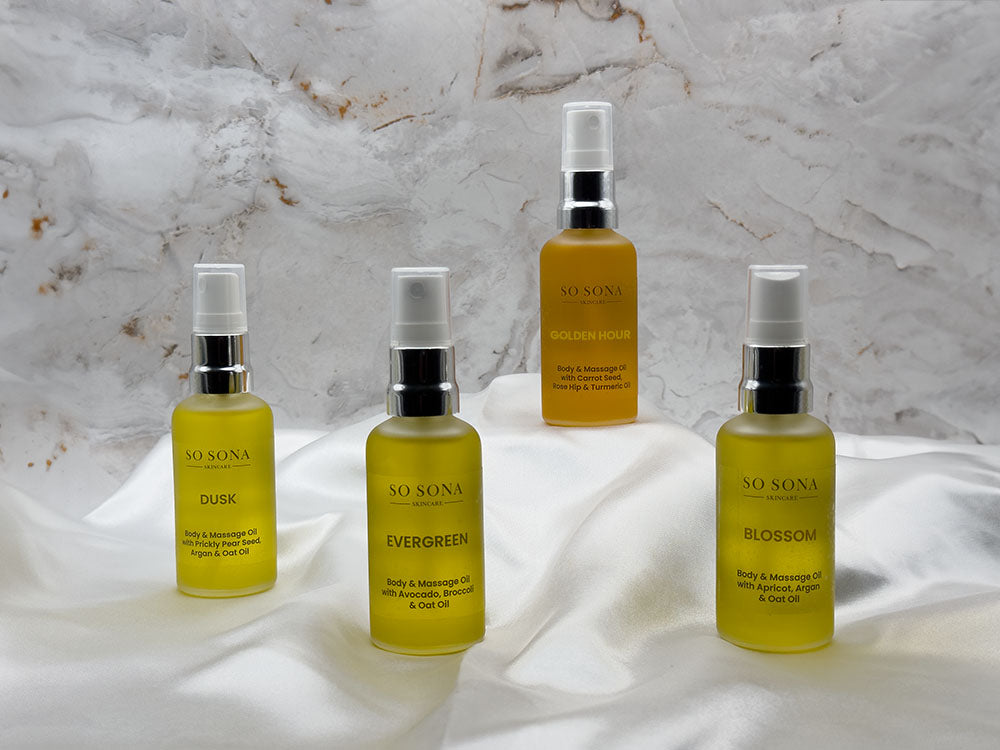Scalp psoriasis is a chronic skin condition that causes itchy, red, often painful, scaly plaques to develop on the scalp, forehead, hairline, or behind the ears. It is completely non-contagious and, depending on the severity, can occur all over the scalp or only on certain sections.
Scalp psoriasis is most common in people who already have psoriasis in other parts of their skin. According to expert dermatologists, an estimated 2-3% of people have psoriasis worldwide.
What Causes Scalp Psoriasis?
The exact cause of scalp psoriasis hasn’t fully been determined by experts. Scalp psoriasis is an autoimmune disorder, so there is a clear explanation for how the skin creates the itchy patches, but there are many reasons that can explain why it happens. Experts believe that it is a combination of genetics, lifestyle, and environmental factors.
People with autoimmune conditions have overactive immune systems. When we have an infection or injury, our immune system responds by producing white blood cells that attack the infection and heal the damaged cells. The production of white blood cells triggers inflammation, which is why we are often swollen, red, and warm when we have a fever or are healing from an injury.
However, an overactive immune system attacks healthy skin cells on accident and produces too many white blood cells. This causes inflammation and rapid cell growth, leading to the formation of the itchy patches on the scalp.
There are several things that can trigger a person’s immune system to react this way. Basically, anything that may cause inflammation or that makes the immune system believe that the body is under attack may trigger psoriasis.
It's important to note that different people may have different triggers, and what triggers scalp psoriasis in one person may not affect another. Here are some common triggers:
Genetics
You are more likely to have psoriasis if someone in your family has an autoimmune condition. Other times, even if there is no family history of psoriasis, an individual’s unique genetic composition can result in the condition.
Obesity and Poor Diets
Obesity and poor diets can cause inflammation throughout the body and impair the function of the immune system. The immune system believes that the body is under attack due to the inflammation and, thus, overproduces white blood cells.
Injuries
Certain injuries can cause an immune system to overestimate how many white blood cells to produce.
Smoking and Alcohol
Smoking and alcohol consumption are linked to an increased risk of developing psoriasis, as both are associated with chronic inflammation. Smoking and alcohol also worsen symptoms of psoriasis for those who already have the condition.
Stress and lack of Sleep
Stress and lack of sleep cause inflammation because they limit how much blood pressure can decrease. High blood pressure forces too much blood against the arteries, which triggers the immune system to do something about it.
Climate
Exposure to certain weather can dry out the skin and trigger psoriasis as the immune system tries to protect the dry skin.
Diseases and Infections
Certain viral diseases and infections, like strep throat and HIV, can trigger the immune system and cause it to overproduce too many white blood cells.

How Can I Treat Scalp Psoriasis?
Scalp psoriasis has no permanent cure, but there are many treatment options that help reduce the itchiness, dryness, and skin flaking. Some patients find relief in topical ointments, like coal tar, or immunosuppressants, like calcineurin. Exposing the scalp to ultraviolet light can also reduce inflammation.
Many people with scalp psoriasis see greater benefits when using natural, ayurvedic treatments instead. For example, scalp oil for psoriasis like Roots Hair & Scalp Oil contains ingredients that rejuvenate the scalp, reduce inflammation, and keep the scalp moisturized.
Natural treatments for scalp psoriasis are extremely effective because they lack chemical substances. Chemical substances often dry the skin and cause more irritation, which is why it’s recommended that you use natural products to aid with symptoms.
Roots Hair & Scalp Oil is vegan and gluten-free. The ingredients that the serum contains are rich in vitamins and minerals that are anti-inflammatory, moisturizing, and healing, such as:
- Ricinus Communis Seed (Castor) Oil: Castor oil is rich in fatty acids and vitamin E. It helps nourish and moisturize the scalp, promoting healthy hair growth.
- Simmondsia Chinensis (Jojoba) Seed Oil: Jojoba seed oil contains vitamin E, B-complex vitamins, and minerals. It's very similar to the natural oil produced by the scalp, so it effectively hydrates and protects the scalp if it’s too dry.
- Cannabis Sativa Seed (Hemp) Oil: This oil is high in essential fatty acids and vitamins that improve scalp elasticity. Hemp oil is also non-comedogenic, meaning that it doesn’t clog pores.
- Emblica Officinalis Fruit Pulp (Amla) Oil: Amla oil for hair rejuvenation is a common natural ingredient. Rich in antioxidants and vitamins, it rejuvenates the scalp and hair by aiding in the production of collagen.
- Persea Gratissima (Avocado) Oil: Avocado oil is high in monounsaturated fatty acids and vitamins A, D, and E. it is also easily absorbed by the skin, so it’s perfect for people with too-oily scalps.
- Cucumis Sativus (Cucumber Seed) Oil: Contains vitamins and antioxidants that help control dandruff. It also has a cooling effect on the skin, which helps with irritation and inflammation.
- Tocopherol: A form of vitamin E that acts as an antioxidant and helps to protect the scalp from damage caused by free radicals.
- Prunus Amygdalus Dulcis (Almond) Oil: Almond oil is a natural exfoliant that removes dead skin while keeping the scalp nourished and healthy.
- Rosmarinus Officinalis Leaf (Rosemary) Oil: Rosemary oil contains antioxidants and anti-inflammatory properties. It also helps unclog pores.
The recipe used to create Roots Hair & Scalp Oil allows the ingredients to work together to create the ultimate serum for scalp psoriasis. There are certain ingredients that, on their own, either make the scalp too oily or too dry. However, the perfect blend of each natural oil improves the symptoms caused by an overactive immune system.





